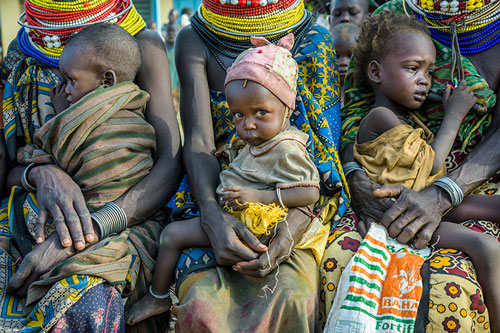United Nation
Hunger and famine will persist and there will be unequal recovery from the impacts of the Covid-19 pandemic unless more women in rural and urban areas hold leadership positions with increased decision-making power, said the heads of the three United Nations’ food agencies ahead of their joint International Women’s Day event on 8 March.
The event, co-organised by the United Nations Food and Agriculture Organisation (FAO), the International Fund for Agricultural Development (IFAD) and the World Food Programme (WFP), will focus global attention on the vital role that empowered female farmers, entrepreneurs and leaders need to play so that women can contribute on equal terms to the recovery from the Covid-19 pandemic, and in creating an environment to eliminate poverty, enhance productivity, and improve food security and nutrition.
“The world is home to more than 1.1 billion girls under the age of 18, who have the potential of becoming the largest generation of female leaders, entrepreneurs and change-makers ever seen for the better future.
Yet, women and girls continue to face persistent structural constraints that prevent them from fully developing their potential and hinder their efforts of improving their lives as well as their households and communities,” said FAO Director General QU Dongyu.
He added, “Women and girls can play a crucial role in the response to the Covid-19 pandemic and in particular in transforming our agri-food systems.
We all need to work together to spark the necessary changes to empower women and girls, particularly those in rural areas.”
Gilbert F Houngbo, President of IFAD, said that it is essential that women are not only in more leadership positions.










